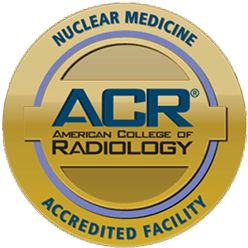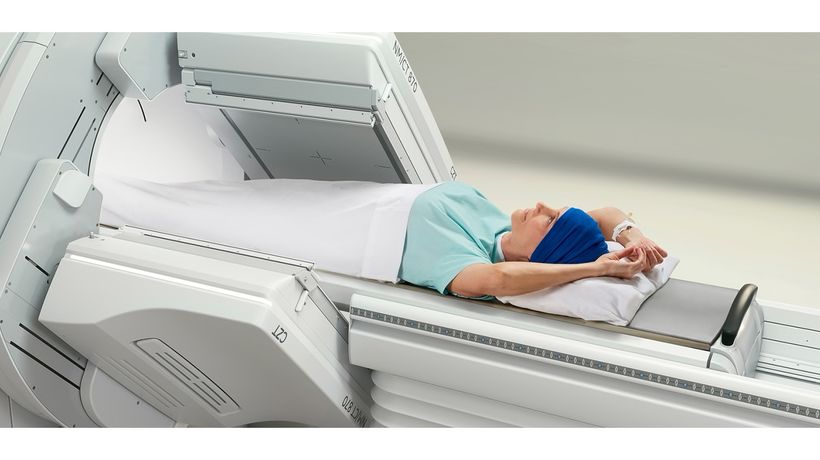When you need answers about how your body is working, nuclear medicine can help provide a clearer picture. At Duly Health and Care, we use advanced imaging technology, like SPECT/CT and PET/CT scans, to see not just the structure of your organs, but how they function in real time.
Our nuclear medicine specialists focus specifically on interpreting nuclear imaging studies. This means the physician reading your scan is an expert in nuclear medicine procedures like bone scans, cardiac stress tests, thyroid imaging, and other specialized nuclear studies. When you have a nuclear medicine scan at Duly Health and Care, a board-certified radiologist who specializes in these specific imaging techniques will interpret your results.
This focused expertise leads to more accurate diagnoses and better care for you. Ready to schedule your scan? We have flexible hours and are open five days a week for your convenience.
Call (630) 545‑7880 to schedule an appointment today.
What is Nuclear Medicine?
Nuclear medicine helps us see how your organs are working, not just what they look like. We use tiny amounts of safe radioactive tracers that travel to specific parts of your body. These tracers act like a spotlight, showing us how well your heart pumps, how your kidneys filter, or if there are areas we need to examine more closely.
How is nuclear medicine different?
- CT and MRI scans: Show structure (like a photograph)
- Nuclear medicine: Shows function (like a movie of your body working)
How do the tracers work?
The tracer we give you travels to the organ we want to study. Our special cameras detect energy from the tracer and create detailed images. Different tracers go to different places:
- Heart tracers → heart muscle
- Bone tracers → bones and joints
- Brain tracers → brain tissue
Types of Nuclear Medicine Scans
We offer comprehensive nuclear medicine imaging to help diagnose and monitor many different conditions. Our specialized radiologists focus on specific areas, so you get expert interpretation of your results.
Heart & Cardiovascular Health
Nuclear stress tests show how blood flows to your heart during rest and exercise. Unlike traditional stress tests, these provide detailed images of your heart muscle.
Heart function scans (MUGA) measure how well your heart pumps blood and can detect damage from heart attacks or treatments.
Cancer Detection & Monitoring
Nuclear medicine plays an important role in cancer care — both in detecting cancer and monitoring treatment response.
- Whole-body bone scans can identify areas where cancer may have spread to the bones.
- Thyroid scans evaluate nodules or thyroid function abnormalities that may relate to thyroid cancer.
- Targeted nuclear medicine therapies (such as radioactive iodine for thyroid cancer or specialized tracers for neuroendocrine and prostate cancers) deliver treatment directly to cancer cells while minimizing damage to healthy tissue.
These imaging and treatment tools help our care teams:
- Detect cancers in early or hidden stages
- Evaluate how well the treatment is working
- Check for recurrence or spread of disease
Neurological Imaging
- Our advanced nuclear medicine studies also support the diagnosis and management of neurological conditions.
- Brain function scans help evaluate movement disorders, seizure activity, or other neurological changes.
- Dopamine transporter (DaT) scans can aid in diagnosing Parkinson’s disease and related conditions by assessing brain activity patterns.
Other Essential Scans
- Bone Scans: Detect arthritis, fractures, infection, or cancer spread — especially helpful for unexplained bone pain.
- Thyroid Scans: Evaluate thyroid function and investigate nodules or goiter.
- Kidney Scans: Assess how well your kidneys filter waste and identify blockages or other problems.
- Lung Scans: Show how well air and blood flow through your lungs, helping diagnose blood clots or breathing issues.
- Gallbladder (HIDA) Scans: Evaluate gallbladder function and detect bile duct blockages or inflammation.
Accreditations


